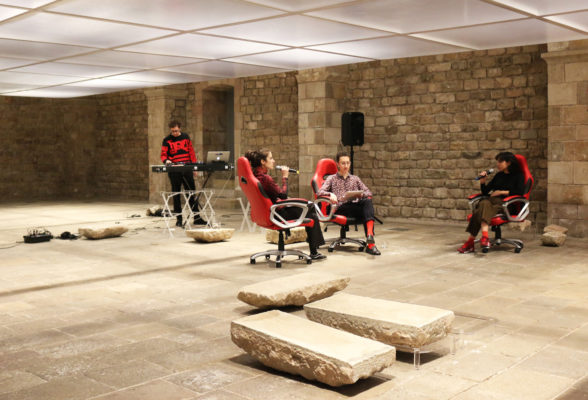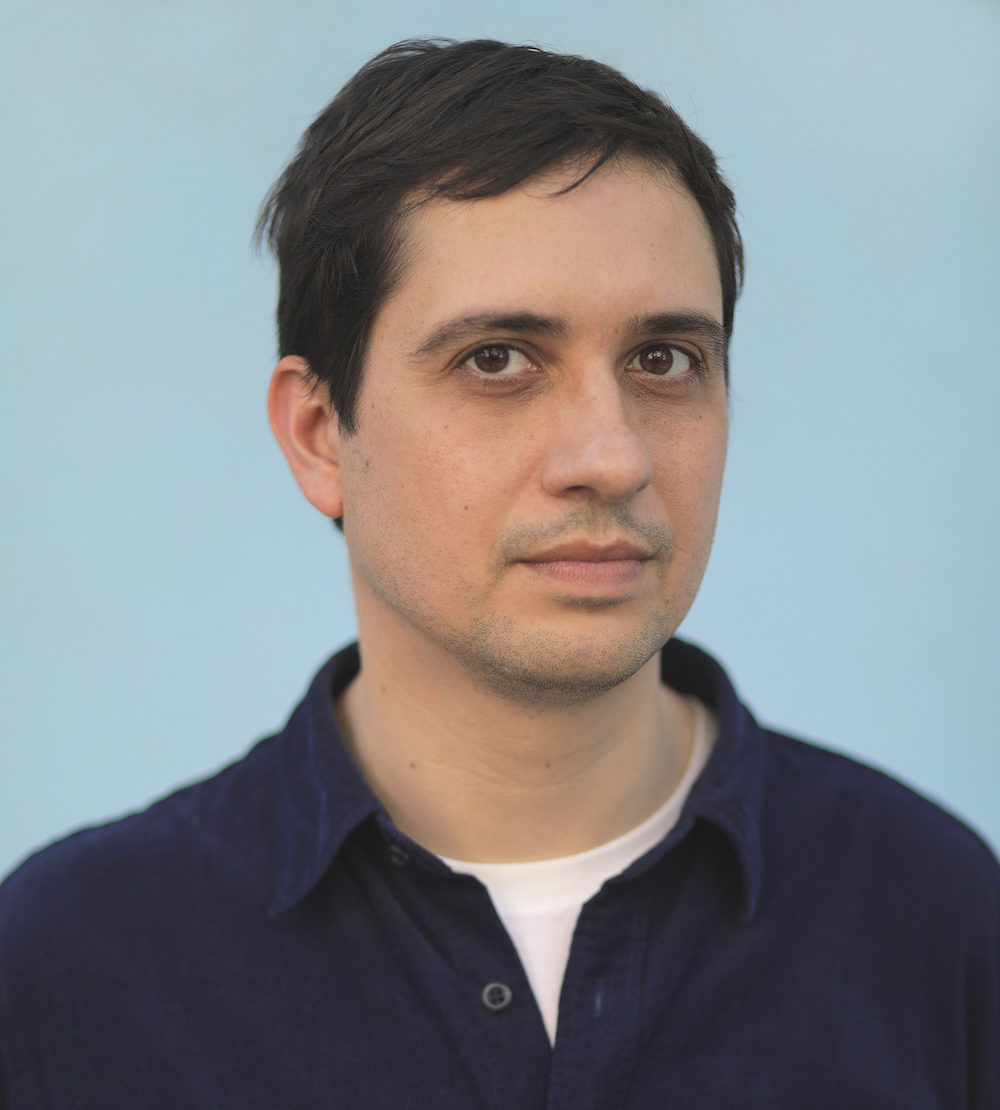Search
To search for an exact match, type the word or phrase you want in quotation marks.
A*DESK has been offering since 2002 contents about criticism and contemporary art. A*DESK has become consolidated thanks to all those who have believed in the project, all those who have followed us, debating, participating and collaborating. Many people have collaborated with A*DESK, and continue to do so. Their efforts, knowledge and belief in the project are what make it grow internationally. At A*DESK we have also generated work for over one hundred professionals in culture, from small collaborations with reviews and classes, to more prolonged and intense collaborations.
At A*DESK we believe in the need for free and universal access to culture and knowledge. We want to carry on being independent, remaining open to more ideas and opinions. If you believe in A*DESK, we need your backing to be able to continue. You can now participate in the project by supporting it. You can choose how much you want to contribute to the project.
You can decide how much you want to bring to the project.

With the activation of the three works that form Talk Trouble, on the first Sunday in January Clàudia Pagès brought to a close one of the freshest projects presented at La Capella in the framework of the BCN Producció open call. Her performance was accompanied by the musical effects of Aleix Clavera and by the voices of Noela Covelo and Amin Ahmed. There was a certain disquiet in Clàudia from her period at the Sandberg Instituut, from her residency at Gasworks when she shared her laser hair removal sessions on Instagram, read about romance languages and sported a red coat in Móstoles in autumn 2016. Seated in the snazzy ergonomic excess of a wheeled armchair, more typical of a hardened gamer than of a stubborn performer, Clàudia set the same argument rolling down the stone pavement of the Sala Gran over and again: language has the ability to transform the most persistent reality, but it is also a relentless constrictor.
Over the course of two hours, with two intervals, each of the parts that make up the spoken triptych took shape shunning formulas and flourishes; with a sense of humour that flirts with self-consciousness, weaving a theatrical story underpinned with sound textures and vocal exercises, always in the service of the text. And the text is materialised through the international English of expatriate artists in Amsterdam and London and the Spanish of Catalan state schools that gives us clues as to how, when and for whom. It is very difficult to separate these productions from the contexts in which they were born and from the negotiation between communication and community that they unmask.
The event started with the episodes of linguistic violence of Rage, Home & Insults. Copies of the text, bound in cadmium red, circulated from hand to hand as spectators took their seats. The exhibition space had suffered substantial changes: a false ceiling limited the vision of the barrel vault in the central nave and some of the stones of the pavement were duplicated and here and there levitated, interrupting the circulation. And this is one of the leitmotifs of the project: the circulation or transportation of language, its dissemination and instruction. The proposal of an unrestrained collective reading, interior and at once amplified of Rage, Home & Insults highlighted this theme, and indirectly stipulated the contractual framework between performers and audience: they triggered the flow, we traced the outline; we only possessed it in our imagination.
Bromas internas (Inner Jokes), Romance & Contagious hinge on exclusion and empathy. Talk Trouble is a tongue-in-cheek reference to readings and authors that have accompanied her on her sinuous journey. Thus, we come across Judith Butler and Excitable Speech, for instance, an essay that contains some of the key ideas that crystallise more or less clearly in the project. This ‘contagious’, preceded by jokes and romance, seems to suggest the idea developed by Butler in the chapter entitled ‘Contagious Word’ of the aforementioned book. Defining oneself often calls attention to a conflict between conscience and identification, a process that doesn’t only affect those who present – or represent – themselves a certain way, but that also demands the involvement and compromise of the other.
Emissions, Fools & Bonding revisits the telepathic experiments made by Upton Sinclair and Mary Craig and, by way of conclusion, speculates with the possibilities of a language in which the idea of emission replaces that of speech.The establishment of communication devoid of orality or linguistic structure suggests a scenario in which the effectiveness of the communicative act is reduced to the capacity for intrusion. The body is thus transformed into a device of reception and dissemination, that does not speak, or write or transport words, and in its passivity describes a form of interaction without presences and practically without ties.
In the invocation of silence of the final phrasing – ‘silence-speech communication’, ‘isolation processes’ – we still hear the cries, sharp and incisive: ‘aah’ ‘aahh’ ‘aaah’ ‘aah’ ‘aah’ ‘aahh’. ‘Shut up it’s said’, we hear up to five times, ‘shut up it’s said’, ‘stay in the sofa, shut up it’s said’.

Marc Navarro is a curator and writer. He has collaborated with art-projects and institutions such as the Sala d’Art Jove, the Centre Cívic Can Felipa, Fundació Joan Miró and Centre d’Art La Panera. His texts have appeared in exhibition catalogues and various publications such as: A*Desk, El Estado mental and Revista Artiga.
Photo: Silke Briel
"A desk is a dangerous place from which to watch the world" (John Le Carré)